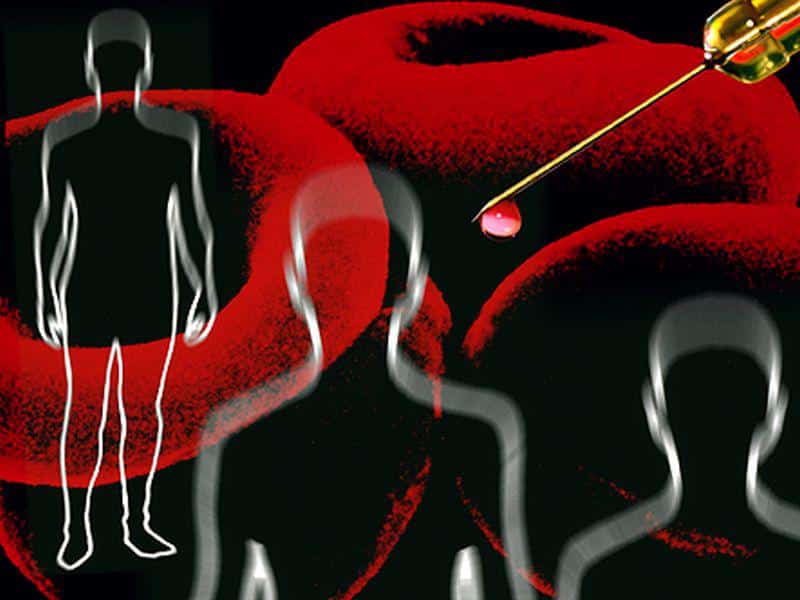
Understanding How Stroke Affects the Brain and Stroke Prevention
Life Line Screening
STROKE AND THE BRAIN
Do you know the number one cause of adult disability? You may be surprised to learn the answer is stroke. According to the National Institute of Neurological Disorders and Stroke, 795,000 Americans have a stroke every year, of which many are temporary or permanently disabled.
Disability results from the effects stroke has on the brain. When a person has a stroke, blood circulation to the brain gets cut off. This can occur from a blockage or from bleeding into the brain. The severity of the stroke-induced disability depends on a variety of factors, including how long the brain was cut off from blood flow.
Understanding Warning Signs of Stroke
Understanding the brain and the warning signs it sends when oxygen is cut off is also crucial. The most common warning signs are called FAST:
- Facial drooping, usually only one side that will droop downwards and be difficult to move.
- Arm weakness, which causes an inability to lift up one arm fully.
- Speech difficulty, difficulty or inability to produce words.
- Time, if these symptoms are present immediately call 911.
Pay attention to any warning signs of stroke – even if they eventually go away on their own. Such signs could signal a transient ischemic attack, also called a “mini-stroke”. Seek medical attention immediately if you or a loved one exhibits the symptoms of stroke listed above
STROKE PREVENTION
One way to help prevent a stroke is to know and understand the risk factors that can lead to stroke. So what risk factors put you at higher risk for experiencing a stroke, besides disease of course?
Answers include:
- Increased age
- Gender
- Race
- Family history
- High blood pressure
- Smoking
- Heart disease
- Unhealthy diet
- High cholesterol
- Diabetes
- Lack of physical activity
Stroke prevention lies in your hands, what are your risk factors and can they be reduced? A preventive health screening, followed by an appointment with your doctor to review results can help answer this question. Learn more about health screenings for diseases that increase your risk of stroke offered by Life Line Screening